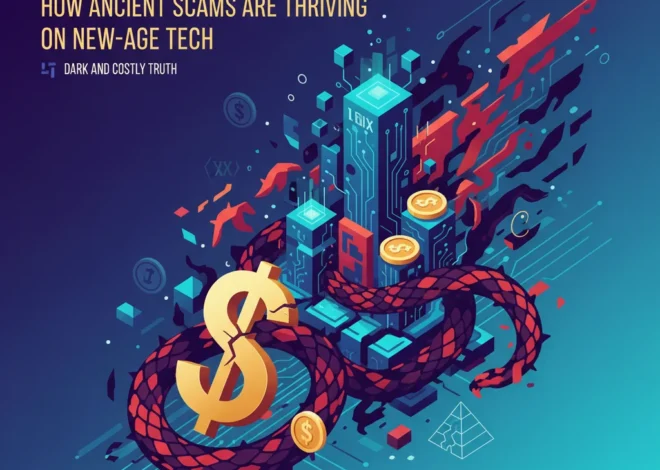Decoding SoftBank’s $5.4B Robotics Play: More Than a Deal, It’s a Declaration
In a move that sent reverberations through the worlds of technology, manufacturing, and high-stakes finance, SoftBank Group has announced its definitive agreement to acquire ABB’s robotics division for a staggering $5.4 billion. On the surface, this is a straightforward, albeit massive, corporate acquisition. But to understand the true gravity of this deal, one must look beyond the balance sheets and into the mind of SoftBank’s founder, Masayoshi Son. This isn’t just a purchase; it’s a pivotal move in his decades-long quest to pioneer an era of “artificial superintelligence” (ASI).
For investors, business leaders, and anyone with a stake in the future economy, this acquisition is a critical signal. It represents a convergence of industrial might and visionary capital, a fusion that could accelerate the timeline for automation in ways we are only beginning to comprehend. Let’s dissect this landmark deal and explore its profound implications for the global market.
The Anatomy of a Landmark Deal
To grasp the significance, we must first understand the players. On one side, we have SoftBank, the Japanese technology conglomerate renowned for its Vision Fund—a colossal pool of capital that has made audacious, often controversial, bets on companies it believes will define the next century. SoftBank’s investing philosophy is not for the faint of heart; it’s a high-risk, high-reward strategy aimed at securing a dominant position in future-defining industries.
On the other side is ABB, a Swiss-Swedish industrial titan with a legacy stretching back over a century. While known for its power grids and electrification products, its robotics unit is a crown jewel. ABB Robotics is a global leader in industrial robots and automation solutions, with its machines forming the backbone of manufacturing lines for everything from automobiles to electronics. They represent the established, tangible, and highly-engineered present of automation.
The $5.4 billion price tag reflects the immense value placed on ABB’s established market position, its deep reservoir of engineering talent, and its extensive portfolio of intellectual property. For the stock market, the immediate reaction will be to re-evaluate the entire robotics and automation sector. This deal sets a new benchmark for valuations and signals that major capital is ready to flow into physical automation, not just software-based AI.
Masayoshi Son’s 300-Year Game: The Quest for Artificial Superintelligence
This acquisition cannot be viewed in isolation. It is a crucial piece in Masayoshi Son’s grand puzzle. Son has famously spoken of a “300-year vision” for SoftBank, a long-term strategy that transcends typical quarterly earnings calls and focuses on the next great technological paradigm shift: the Singularity, and the rise of Artificial Superintelligence (ASI).
ASI is the theoretical future point where artificial intelligence surpasses human intellect across virtually every domain. It’s a concept that is both exhilarating and terrifying. Son believes that the company that orchestrates the development of ASI will become the most significant enterprise in human history. To get there, he has been strategically acquiring key technological building blocks:
- Semiconductors: Through its major stake in Arm Holdings, SoftBank has a foundational role in the chip designs that power the world’s smartphones and are becoming central to AI data centers.
- Data & Software AI: Investments in hundreds of AI-driven startups provide a vast ecosystem for data collection and algorithm development.
- Robotics – The Missing Piece: Until now, the vision was heavily weighted towards the digital realm. The acquisition of ABB Robotics provides the physical embodiment—the hands and feet—for this burgeoning superintelligence. It’s the bridge that allows digital intelligence to physically interact with and manipulate the real world at an industrial scale.
This long-term view is a unique form of investing that challenges the conventional wisdom of Wall Street and other financial


